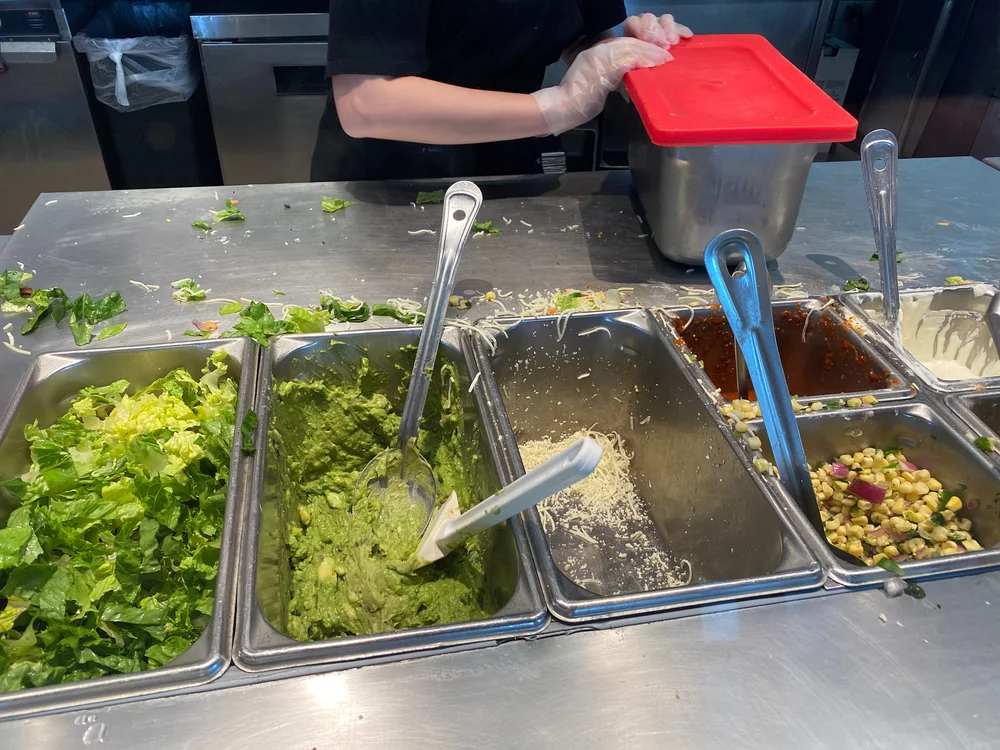Nothing turns customers away quite like food safety issues. In fact, according to a recent survey by TouchBistro, a whopping 70 percent of people indicated that “negative health inspection(s) take the number one spot on the podium” for reasons they won’t choose a certain restaurant.
If you’re a restaurant owner, this is an eye-opening fact and should push food safety to the top of your priority list—both for yourself and your employees. The good news is that a food handlers certificate can help you avoid many common health code violations.
Let’s go over five examples of them.
-
Improper Handling of Serviceware
One of the most commonly overlooked areas of food safety is serviceware. From plates and silverware to glasses and even straws, these items easily spread bacteria due to the fact they are handled by multiple people. As such, food handlers and servers should aim to grab serviceware by the rims or edges and store them upside down to prevent bacteria accumulation.
-
Expired Perishables
It’s pretty common knowledge that expired food will trigger a health code violation. But, did you know that the way you store these expired perishables can cause the same thing? Inspectors assume that anything stored will be served to customers, plus it could spread bacteria in the fridge (or wherever it’s being stored). Regularly inspect your storage areas to dispose of any expired perishables or questionable foods.
-
Cross-Contamination
As hinted at above, cross-contamination is another issue that can ding you if you’re not careful. For starters, food needs to be sealed and stored separately based on its type (which you can learn about in a simple food handlers license course). That means no mixing meats and vegetables in the same storage area. Also be sure to think about utensils, surfaces and anything else that could spread salmonella, E. coli or another type of harmful bacteria.
-
Inadequate Cleaning and Sanitization
It may seem simple, but everything you reuse in your restaurant needs to be cleaned properly. Your staff should sanitize items thoroughly, but also store cleaning supplies properly. You want to avoid bacteria, but you also want to avoid contaminating serviceware and foods with chemicals that don’t belong in a human body. Clean often and clean thoroughly.
-
Unsafe Food Temperatures
Last, but not least—there are quite a few more potential violations than the ones covered on this list—is the issue of unsafe food temps. If you’ve been in the restaurant industry for a few years, you likely know proper temperatures for cooked poultry, pork and other meats, but the same can’t be said for new staff (especially if they’re green in the industry). Also, avoid keeping food out for too long unrefrigerated, as room temperature items can be a food safety hazard.
A food handlers card is one of the best ways to establish a base of food safety knowledge so you avoid common health code violations like these. Enroll today!

